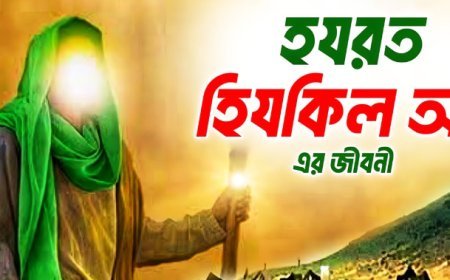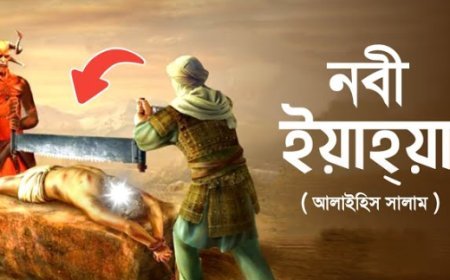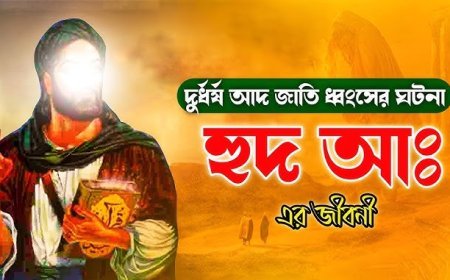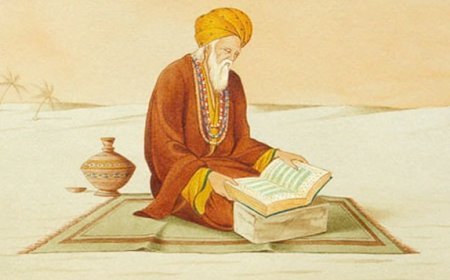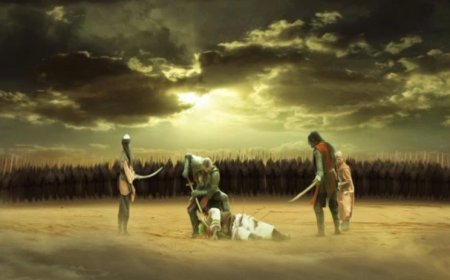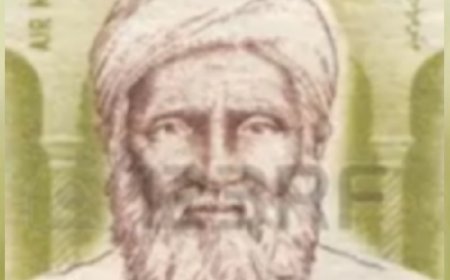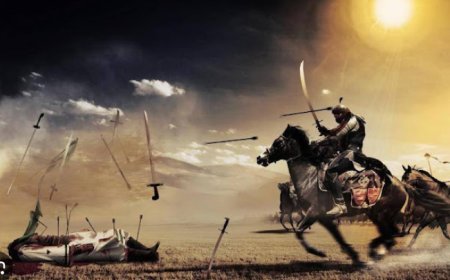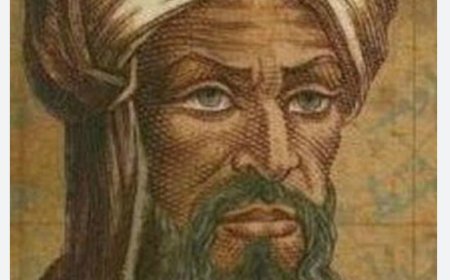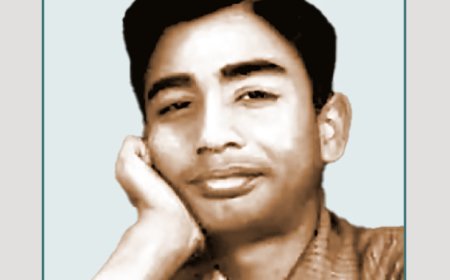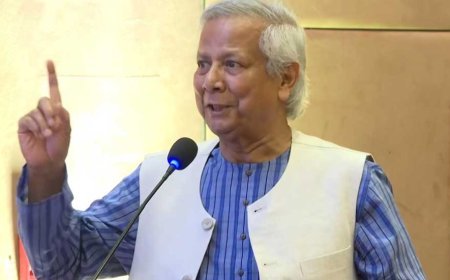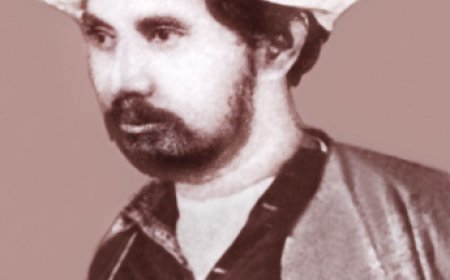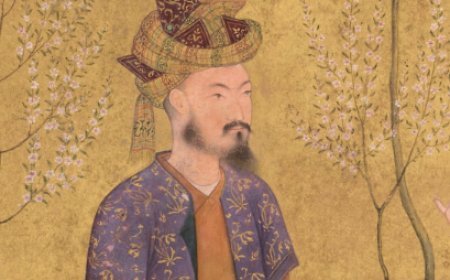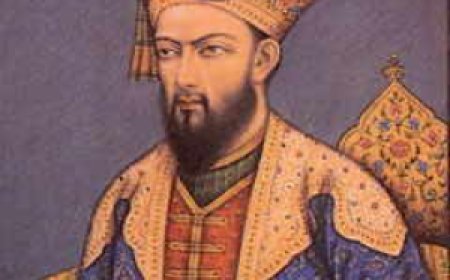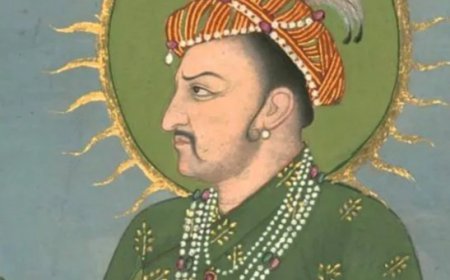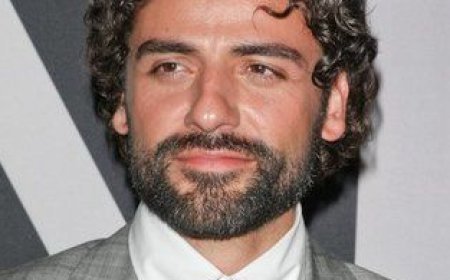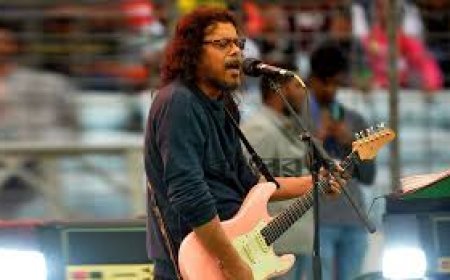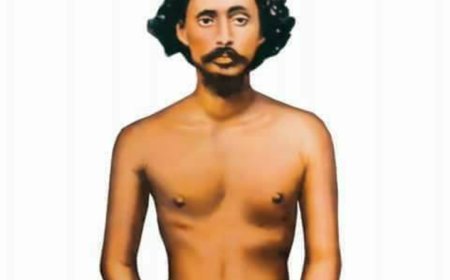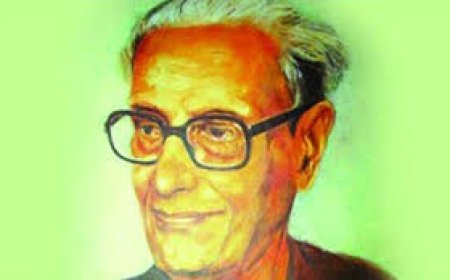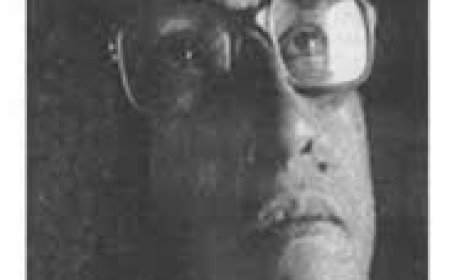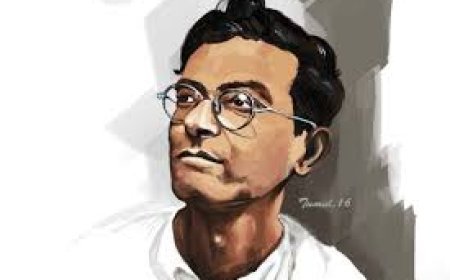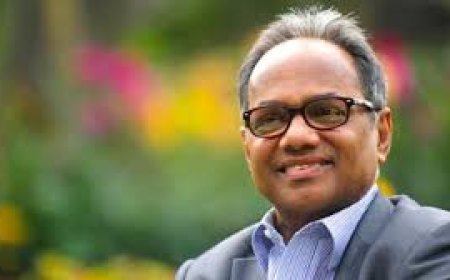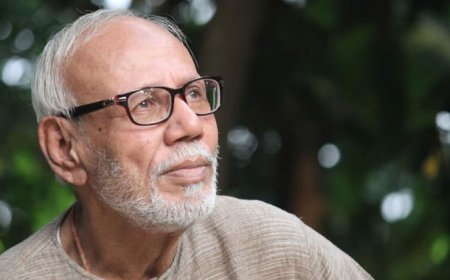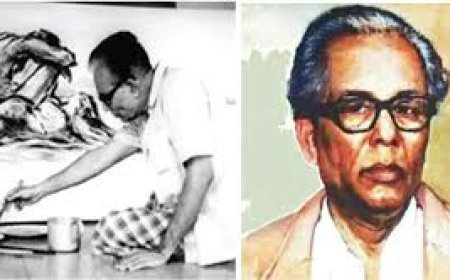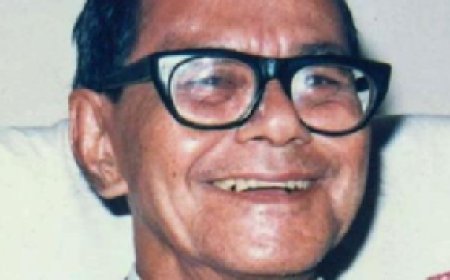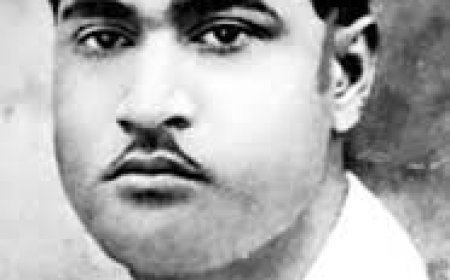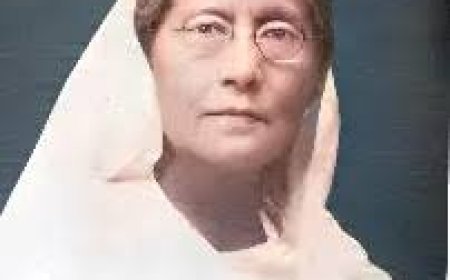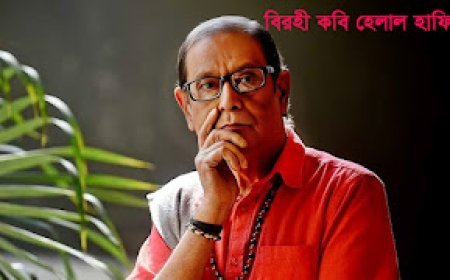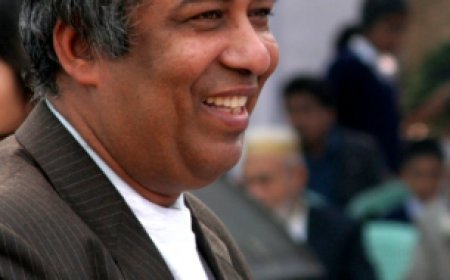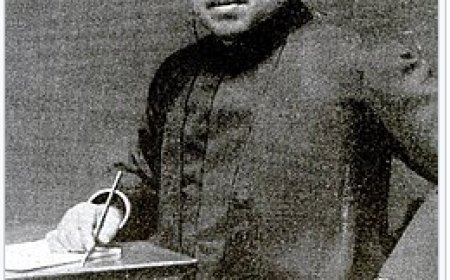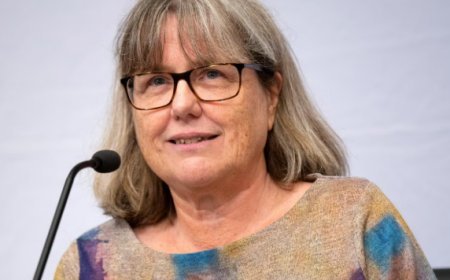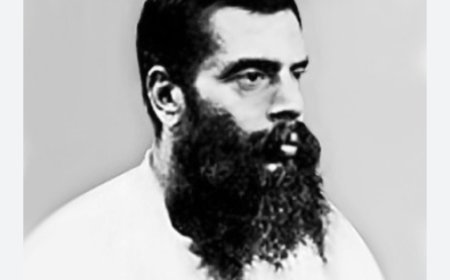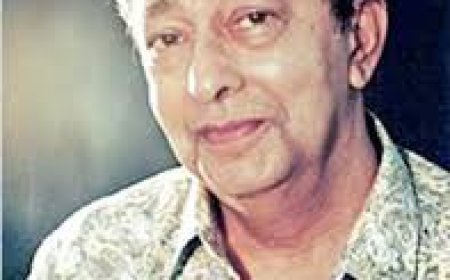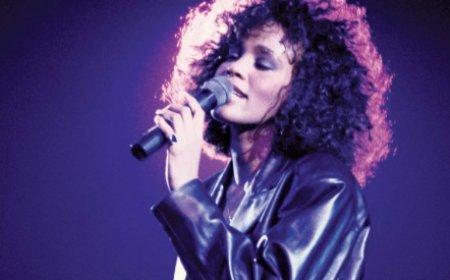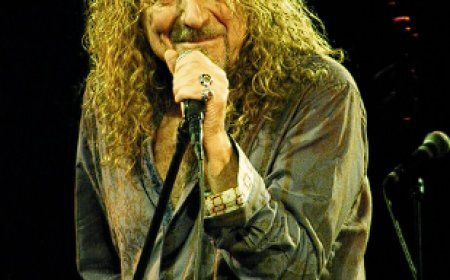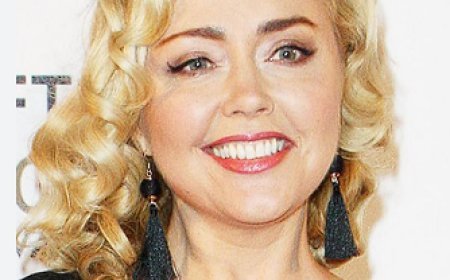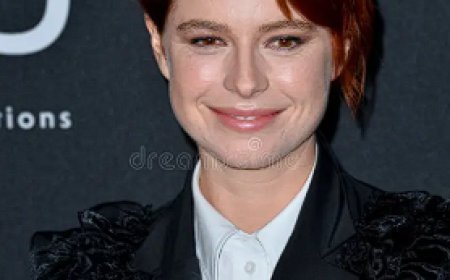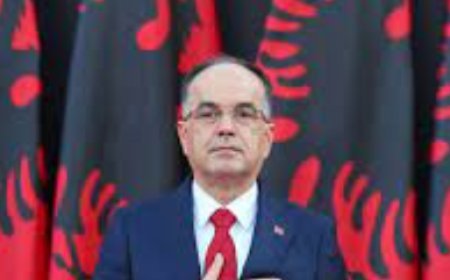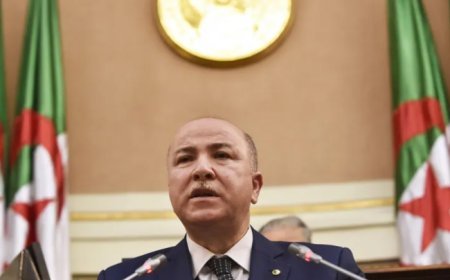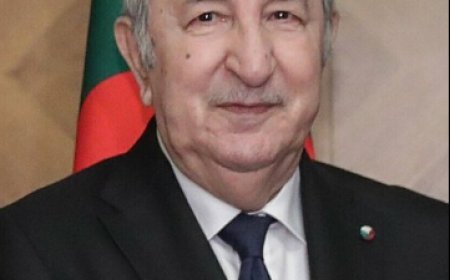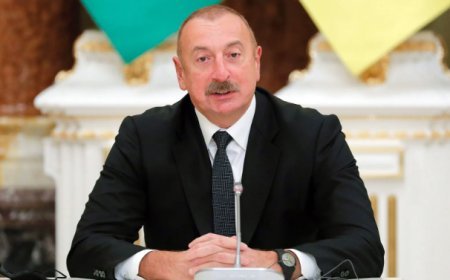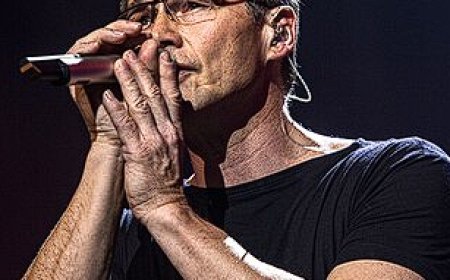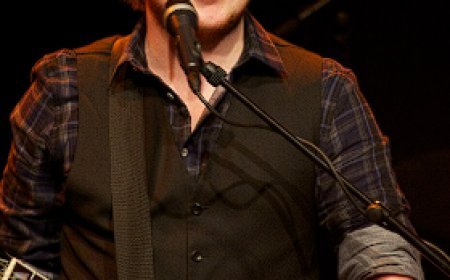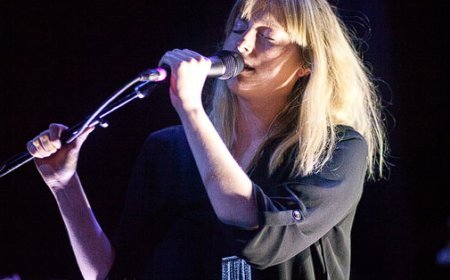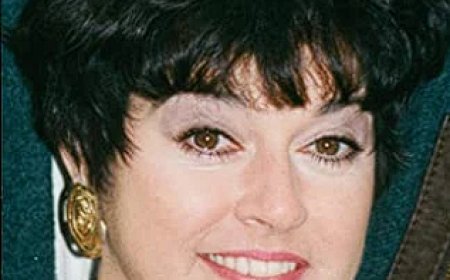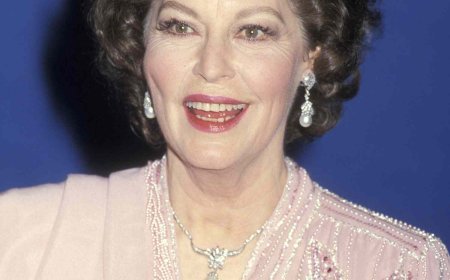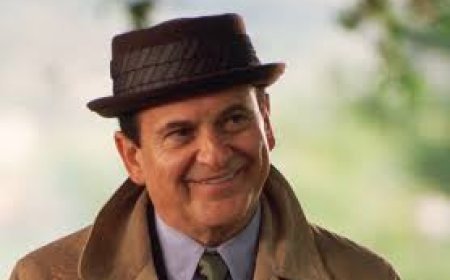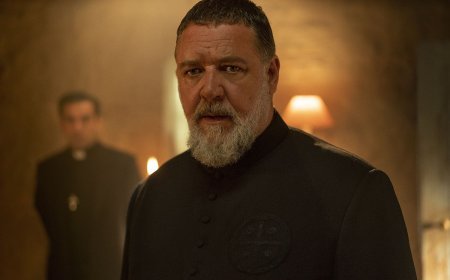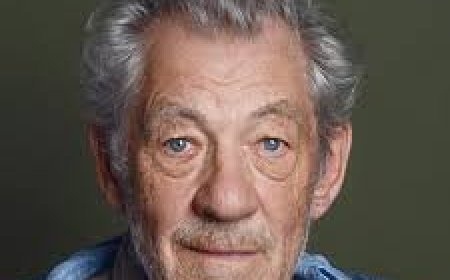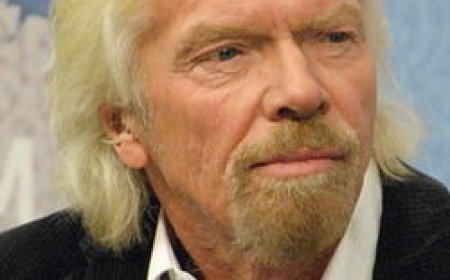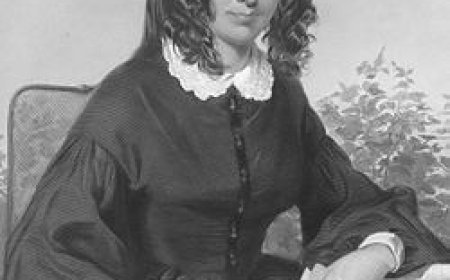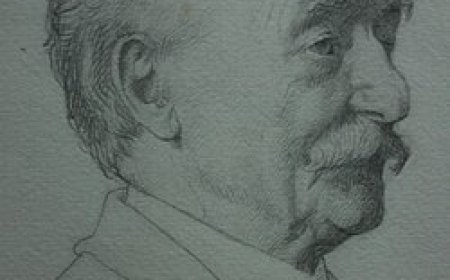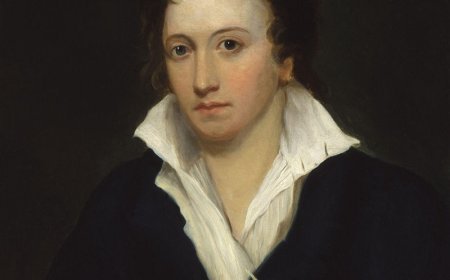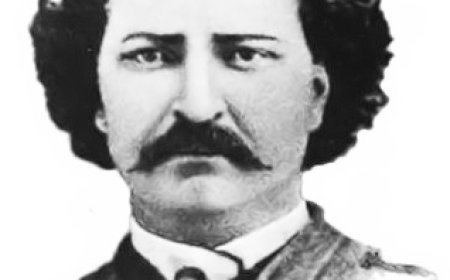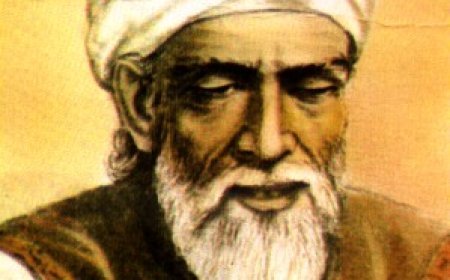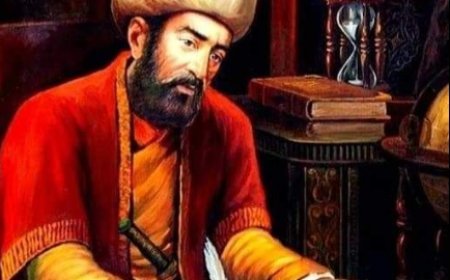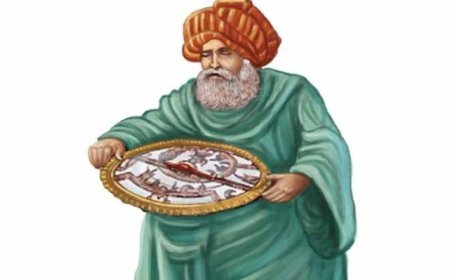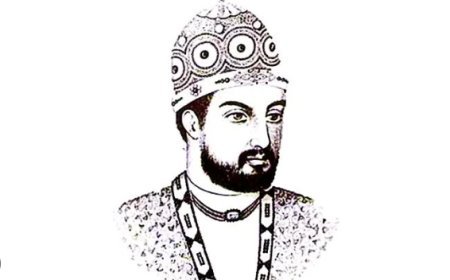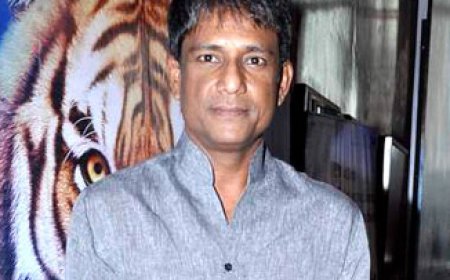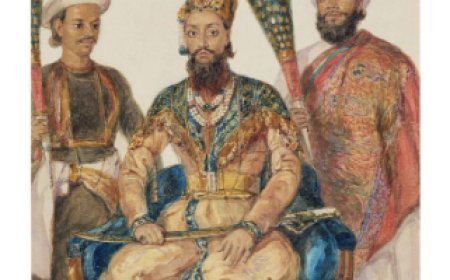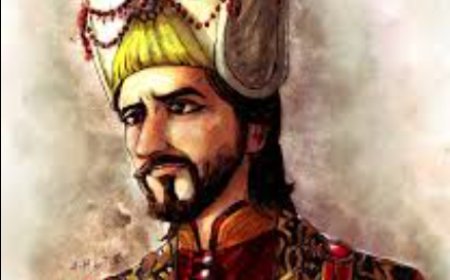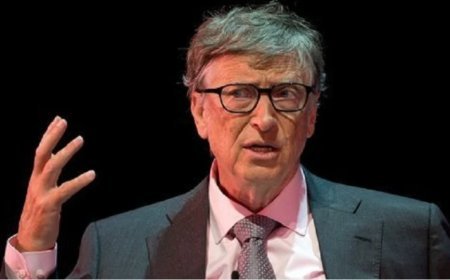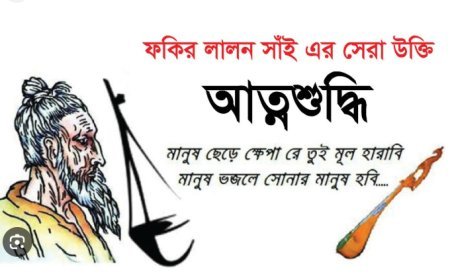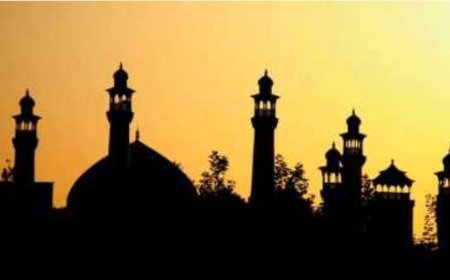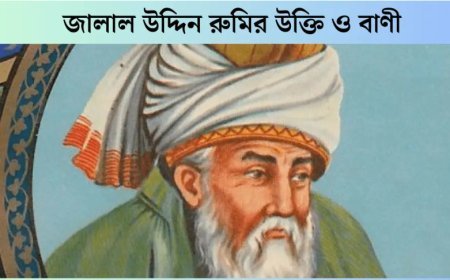biography of Robert Plant
biography of Robert Plant
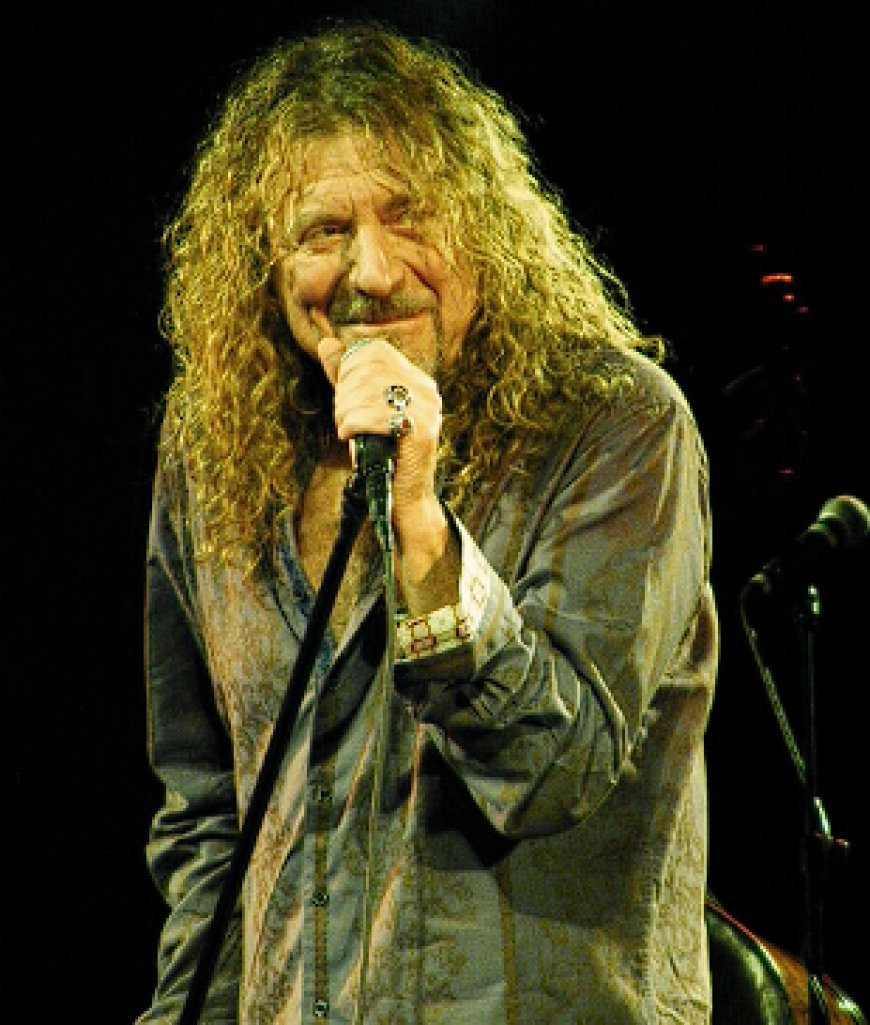
|
Ipswich in 2024
|
|
| Born |
Robert Anthony Plant
20 August 1948 West Bromwich, Staffordshire, England
|
|---|---|
| Occupations |
|
|
Years active |
1965–present |
| Spouse |
|
|
Children |
4 |
|
Musical career |
|
|
Origin |
Halesowen, Worcestershire, England |
| Genres |
|
| Instruments |
|
| Labels |
|
Robert Anthony Plant
(born 20 August 1948) is an English singer and songwriter. He was the lead singer and lyricist of the rock band Led Zeppelin from its founding in 1968 until their breakup in 1980. Since then, he has had a successful solo career, sometimes collaborating with other artists such as Alison Krauss. Regarded by many as one of the greatest singers in rock music, he is known for his flamboyant persona, raw stage performances and his powerful, wide-ranging voice.
Plant was born and raised in the West Midlands area of England, where, after leaving grammar school, he briefly trained as a chartered accountant before leaving home at 16 years old to concentrate on singing with a series of local blues bands, including Band of Joy with John Bonham. In 1968, he was invited by Peter Grant and Jimmy Page to join the Yardbirds, which Grant and Page were attempting to keep going after it had broken up (a breakup that became public knowledge by early July at the latest). The new version of The Yardbirds changed their name to Led Zeppelin, and from the late 1960s to the end of the 1970s, the band enjoyed considerable success.
Plant developed a compelling image as a charismatic rock-and-roll frontman, comparable to other '70s contemporaries such as Mick Jagger of the Rolling Stones, Roger Daltrey of the Who, and Jim Morrison of the Doors. After Led Zeppelin dissolved in 1980, Plant continued to perform and record continuously on a variety of solo and group projects. His first two solo albums, Pictures at Eleven (1982) and The Principle of Moments (1983), each reached the top ten on the Billboard albums chart. With his band The Honeydrippers he scored a top-ten single hit with a remake of "Sea of Love", which featured former Led Zeppelin bandmate Jimmy Page on guitar. Solo album Now and Zen (1988) was certified 3× Platinum and is Plant's biggest-selling solo album to date. In the 1990s, another reunion project called Page and Plant released two albums and earned a Grammy Award for Best Hard Rock Performance in 1998 for "Most High". In 2007, Plant began a collaboration with bluegrass artist Alison Krauss, releasing the album Raising Sand, which won the Grammy Award for Album of the Year in 2009 and produced the hit song "Please Read the Letter", which won the Grammy Award for Record of the Year the same year. In 2010, he revived the Band of Joy (which shared its name with an early band he performed with in the 1960s), and in 2012 formed a new band, the Sensational Space Shifters, followed by a reunion with Alison Krauss in 2019.
In 1995, Led Zeppelin were inducted into the Rock and Roll Hall of Fame. Rolling Stone ranked Plant as one of the 100 best singers of all time (2008); and he was the top pick for the greatest lead singer in a 2011 readers' poll. Hit Parader named Plant the "Greatest Metal Vocalist of All Time" (2006). Plant was named one of the 50 Great Voices by NPR. In 2009, Plant was voted "the greatest voice in rock" in a poll conducted by UK classic rock radio station Planet Rock. Billboard ranked him number 4 on their list of The 50 Greatest Rock Lead Singers of All Time (2023).
Early life and musical beginnings
Robert Anthony Plant was born on 20 August 1948, in the Black Country town of West Bromwich, Staffordshire, England, to Robert C. Plant, a qualified civil engineer who worked in the Royal Air Force during the Second World War, and Annie Celia Plant (née Cain), a Romani woman. He grew up in the Hayley Green area of Halesowen, Worcestershire. Plant gained an interest in singing and rock and roll music at an early age; in an interview with Andrew Denton on the Denton talk show in 1994, Plant stated his desire, as a ten-year-old, to be like Elvis Presley: When I was a kid I used to hide behind the curtains at home at Christmas and I used to try and be Elvis. There was a certain ambience between the curtains and the French windows, there was a certain sound there for a ten-year-old. which was all the ambience I got at ten years old ... And I always wanted to be ... a bit similar to that.
He left King Edward VI Grammar School for Boys in Stourbridge in his mid-teens and developed a strong passion for the blues, mainly through his admiration for Willie Dixon, Robert Johnson and early renditions of songs in this genre. I suppose I was quite interested in my stamp collection and Romani-British history. I was a little grammar school boy, and I could hear this kind of calling through the airwaves.
He abandoned training as a chartered accountant after only two weeks to attend college in an effort to gain more GCE passes and to become part of the English Midlands blues scene. "I left home at 16," he said, "and I started my real education musically, moving from group to group, furthering my knowledge of the blues and of other music which had weight and was worth listening to."
Plant's early blues influences included Johnson, Bukka White, Skip James, Jerry Miller, and Sleepy John Estes. Plant had various jobs while pursuing his music career, one of which was working for the major British construction company Wimpey in Birmingham in 1967, laying tarmac on roads. He also worked at Woolworths in Halesowen town for a short period of time. He cut three obscure singles on CBS Records and sang with a variety of bands, including the Crawling King Snakes, which brought him into contact with drummer John Bonham. They both went on to play in the Band of Joy, merging blues with newer psychedelic trends.
Lyrics
Plant began writing song lyrics with Led Zeppelin during the making of Led Zeppelin II, in 1969. According to Jimmy Page:
The most important thing about Led Zeppelin II is that up to that point I'd contributed lyrics. Robert hadn't written before, and it took a lot of ribbing to get him into writing, which was funny. And then, on the second LP, he wrote the words of Thank You. He said, "I'd like to have a crack at this and write it for my wife."
Plant's lyrics with Led Zeppelin were often mystical, philosophical and spiritual, alluding to events in classical and Norse mythology, such as "Immigrant Song", which refers to Valhalla and Viking conquests. However, the song "No Quarter" is often misunderstood to refer to the god Thor; the song actually refers to Mount Thor (which is named after the god). Another example is "The Rain Song".
Plant was influenced by J. R. R. Tolkien whose book series inspired lyrics in some early Led Zeppelin songs. Most notably, "The Battle of Evermore", "Misty Mountain Hop", "No Quarter", "Ramble On" and "Over the Hills and Far Away" contain verses referencing Tolkien's The Lord of the Rings and The Hobbit.Conversely, Plant sometimes used more straightforward blues themes dealing with sex, as in "The Lemon Song", "Trampled Under Foot" about giving in to sexual temptation, and "Black Dog" narrated by a man obsessed with a woman.
Welsh mythology forms a basis of Plant's interest in mystical lyrics. He grew up close to the Welsh border and would often take summer trips to Eryri. Plant bought a Welsh sheep farm in 1973, and began taking Welsh lessons and looking into the mythology of the land (such as Black Book of Carmarthen, Book of Taliesin, etc.) Plant's first son, Karac, was named after the Welsh warrior Caratacus. The song "Bron-Y-Aur Stomp" is named after the 18th-century Welsh cottage Bron-Yr-Aur, owned by a friend of his father; it later inspired the song "Bron-Yr-Aur".[34] The songs "Misty Mountain Hop", "That's the Way", and early dabblings in what would become "Stairway to Heaven" were written in Wales and lyrically reflect Plant's mystical view of the land. Critic Steve Turner suggests that Plant's early and continued experiences in Wales served as the foundation for his broader interest in the mythologies he revisits in his lyrics (including those myth systems of Tolkien and the Norse).
Page's passion for diverse musical experiences influenced Plant to explore Africa, specifically Marrakesh in Morocco, where he encountered Umm Kulthum:
I was intrigued by the scales, initially, and obviously the vocal work. The way she sang, the way she could hold a note, you could feel the tension, you could tell that everybody, the whole orchestra, would hold a note until she wanted to change.
Both he and Jimmy Page revisited these influences during their reunion album No Quarter: Jimmy Page and Robert Plant Unledded in 1994. During his solo career Plant tapped into these influences many times, most notably on the 2002 album Dreamland.
Most of the lyrics of "Stairway to Heaven" from Led Zeppelin IV were written spontaneously by Plant in 1970 at Headley Grange while the track was being recorded. While never released as a single, the song has topped polls as the greatest song of all time.
Stage persona
Plant enjoyed great success with Led Zeppelin throughout the 1970s and developed a compelling image as the charismatic rock-and-roll front man, similar to his contemporaries the Who's singer Roger Daltrey, Mick Jagger of the Rolling Stones, and Jim Morrison of the Doors. With his mane of long blond hair and powerful, bare-chested appearance, Plant helped to create the "god of rock and roll" or "rock god" archetype. On stage, Plant was particularly active in live performances, often dancing, jumping, skipping, snapping his fingers, clapping, making emphatic gestures to emphasise a lyric or cymbal crash, throwing back his head, or placing his hands on his hips. As the 1970s progressed he, along with the other members of Led Zeppelin, became increasingly flamboyant on-stage, and wore more elaborate, colourful clothing and jewellery.
According to Classic Rock magazine, "once he had a couple of US tours under his belt, "Percy" Plant swiftly developed a staggering degree of bravado and swagger that irrefutably enhanced Led Zeppelin's rapidly burgeoning appeal." In 1994, during his "Unledded" tour with Jimmy Page, Plant himself reflected tongue-in-cheek upon his Led Zeppelin showmanship:
I can't take my whole persona as a singer back then very seriously. It's not some great work of beauty and love to be a rock-and-roll singer. So I got a few moves from Elvis and one or two from Sonny Boy Williamson II and Howlin' Wolf and threw them all together.
mini bio :
Prior to Hobbstweedle (a pickup blues band formed to honour a gig at West Midlands College Of Education) Robert was the frontman for The Band of Joy - featuring Percy, John Bonham, Paul Lockey (bass), Chris Brown (keyboards) and Kevyn Gammond (guitar). The BOJ were on verge of making a record deal when they split a little acrinmoniously. This led to Rob eventually joining Led Zeppelin after a few blind alleys. The rest is history.
trivia :
Discography
Studio albums
- Pictures at Eleven (1982)
- The Principle of Moments (1983)
- Shaken 'n' Stirred (1985)
- Now and Zen (1988)
- Manic Nirvana (1990)
- Fate of Nations (1993)
- Dreamland (2002)
- Mighty ReArranger (2005)
- Band of Joy (2010)
- Lullaby and the Ceaseless Roar (2014)
- Carry Fire (2017)
Compilation albums
- Sixty Six to Timbuktu (2003)
- Nine Lives (Box Set) (2006)
- Digging Deep (2019)
- Digging Deep: Subterranea (2020)
Live albums
- Sensational Space Shifters (Live in London July '12) (2012)
Collaborative albums
- The Honeydrippers: Volume One (1984) (with Jimmy Page and Jeff Beck)
- No Quarter: Jimmy Page and Robert Plant Unledded (1994) (live album with Jimmy Page)
- Walking into Clarksdale (1998) (with Jimmy Page)
- Raising Sand (2007) (with Alison Krauss)
- Raise the Roof (2021) (with Alison Krauss)
sourse : wikipedia ,,,,,,,,, imdb ,,,
What's Your Reaction?
 Like
0
Like
0
 Dislike
0
Dislike
0
 Love
0
Love
0
 Funny
0
Funny
0
 Angry
0
Angry
0
 Sad
0
Sad
0
 Wow
0
Wow
0

